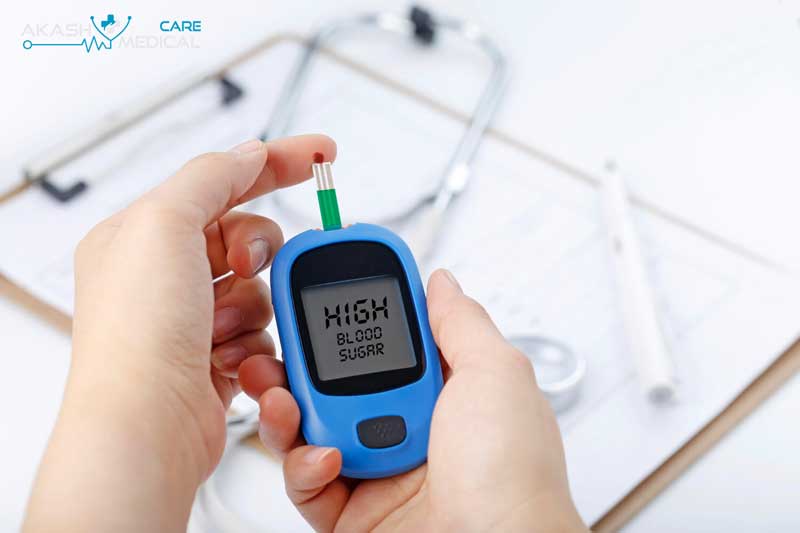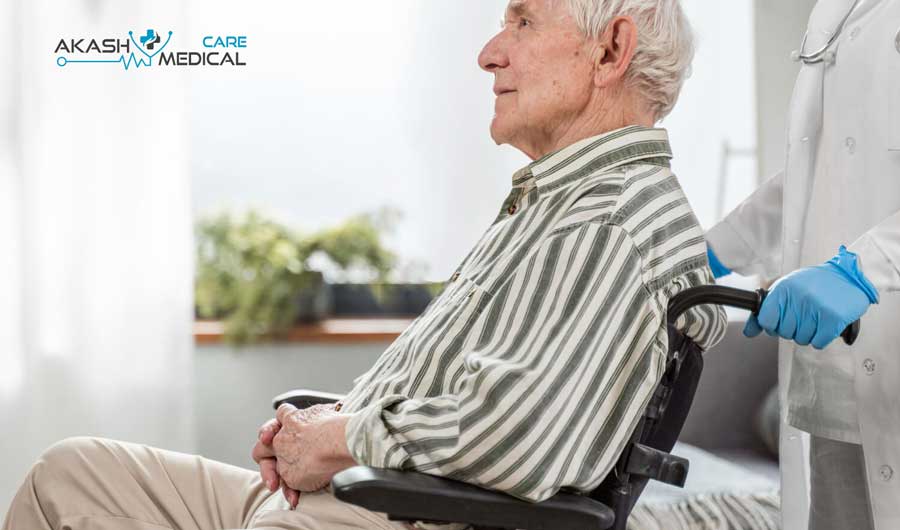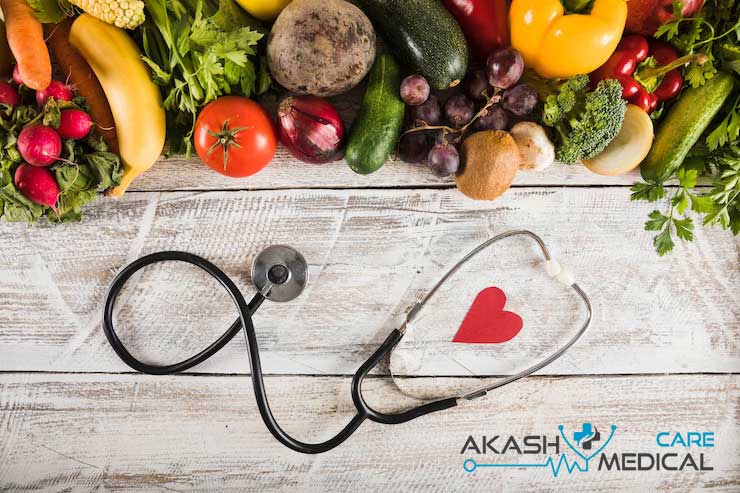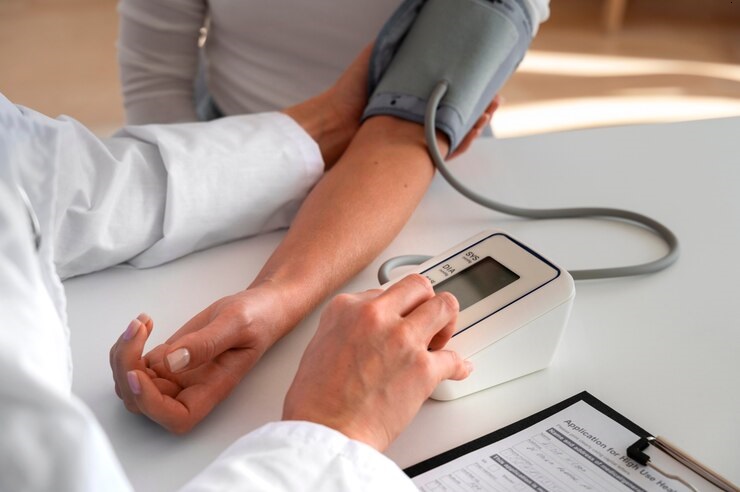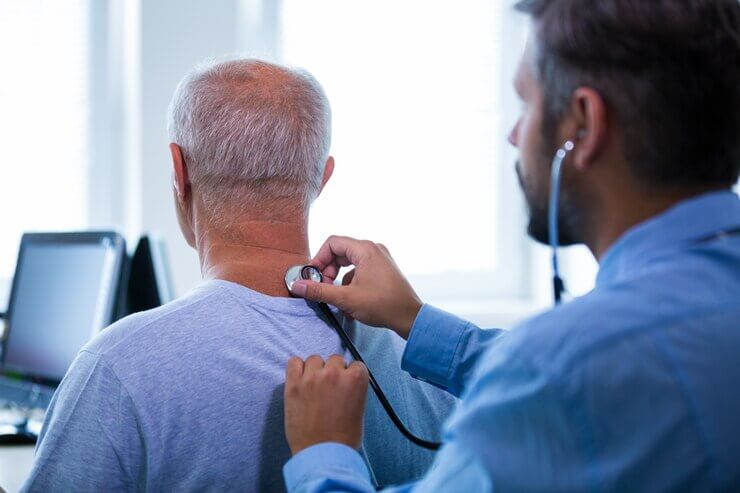Understanding Antibiotics:

Getting antibiotics quickly in Brooklyn, New York, is essential for promptly treating bacterial infections and preventing complications. However, Akash Medical Care Provide Primary Care That Includes antibiotics and others . Here are some steps to consider when seeking antibiotics promptly in Brooklyn:
Consult a Primary Care Physician (PCP):
If you have a regular PCP in Brooklyn, contact them first. Or you can come to Akash Medical Care. They Will provide You with appropriate antibiotics if necessary. Schedule an appointment promptly or consider telemedicine options for a virtual consultation.
Urgent Primary Care Centers:
They have qualified healthcare professionals who can assess your condition and prescribe antibiotics when appropriate.
Pharmacy Walk-ins:
Many pharmacies in Brooklyn have walk-in clinics staffed by certified healthcare professionals. They can provide consultations and may be able to prescribe certain antibiotics for minor infections like UTIs or ear infections.
Avoid Self-Medication:
While it may be tempting to self-diagnose and obtain antibiotics over the counter, this can be dangerous and ineffective. Antibiotics should only be used when prescribed by a qualified medical professional.
Telemedicine Services:
Our telemedicine platforms connect you with licensed doctors who can assess your symptoms remotely and prescribe antibiotics if needed. This option provides convenience and rapid access to medical care.
Remember, the responsible use of antibiotics is essential to combat antibiotic resistance. Always follow Standard healthcare instructions Provided By the Doctor and complete the entire course of antibiotics if prescribed.
For your health,Akash Medical Care is always in Brooklyn, New York.
Is an antibiotic the solution to your stuffed-up nose, headache, and sore throat?
When you're feeling under the weather, you only want quick relief. Your usual remedies like zinc, elderberry, and vitamin C may not be doing the trick, and your patience and your box of tissues are running out.
While it may be tempting to seek an antibiotic prescription from your healthcare provider, it's essential to know that antibiotics may not always be the answer. Antibiotics aim to treat bacterial infections and won't help if a virus causes your illness.
"Over the past century, antibiotics, which are potent drugs, have saved countless lives, but many people still rely on them excessively when they aren't necessary," said Dr. Akash Ferdaus, MD, Primary Care Physician at Akash Medical Care PLLC in Brooklyn, NY.
Why is this a concern?
Because it has led to a surge in antibiotic-resistant bacteria, before you ask for a prescription or your healthcare provider suggests one, let's explore why antibiotic-resistant infections are alarming and when antibiotics may or may not be effective when you feel unwell.
The Emergence of Drug-Resistant Bacteria:
Almost 33% of antimicrobial remedies in the US, as per the Habitats for Infectious Prevention and Counteraction (CDC).. are improper for treating conditions.
Taking antibiotics may seem harmless, but their overuse makes them less effective, even if you only take them occasionally. "This could become a significant problem if you develop a life-threatening infection caused by a bacterium that has become resistant to all available antibiotics," explained Dr. Akash Ferdaus.
Bacteria are competent and have evolved to survive future antibiotic use, even if it's not used for its intended purpose, such as treating a viral infection.
"The antibiotic won't fix the viral disease, however it will assault harmless bacteria, and these bacteria will adapt to avoid future attacks," Dr. Akash Ferdaus said.
Antibiotic resistance healthcare professionals are taking several measures to protect patients from drug-resistant infections, including:
- Prescribing antibiotics only when necessary.
- Ensuring the appropriate antibiotic is used correctly and for a suitable duration.
- Educating patients about the risks associated with antibiotics they're taking.
- Encouraging patients to discard any leftover medication after completing their prescribed treatment course.
What Can Antibiotics Treat?
Antibiotics are powerful against bacterial diseases, as it were. "They neutralize microorganisms like streptococcus or staphylococcus by either killing them or forestalling their replication," explained Dr. Akash Ferdaus.
Antibiotics should be taken when prescribed by a healthcare provider for specific bacterial infections that are unlikely to resolve independently.
Examples of bacterial infections include:
- Strep throat
- Middle ear infections
- Urinary tract infections
- Pneumonia
- Skin infections, such as impetigo and staph infections
- Whooping cough
- Sexually transmitted diseases like chlamydia and syphilis
What Can't Antibiotics Help Treat?
Antibiotics are ineffective against sicknesses caused by viral infections. Unfortunately, most viral infections, including the common cold and flu, need time to run their course, which can take 14 to 28 days.
Examples of viral infections include:
- Cold
- Parainfluenza
- Influenza (flu)
- COVID-19
- Bronchitis
- Most coughs
- Most sore throats
"Remember that most hacks can endure as long as 18 days after an upper respiratory disease, so patience is necessary," advised Dr. Akash Ferdaus.
"Coughs don't require antibiotics, and this can be challenging for those seeking instant relief."
COVID-19, HIV, and flu aren't treated with antibiotics but may be treated with antiviral medications in some cases. Antiviral drugs can assist with lightening side effects and abbreviate the term viral contamination.
Possible bad symptoms of Antibiotic Use:
Antibiotics can have gentle to dangerous incidental effects, including runs, rashes, and unfavorably susceptible responses. As per the CDC, unfriendly responses to antibiotics represent 1 of every five prescription-related trauma center visits.
"Many people believe antibiotics are harmless, but the reality is that these side effects can occur in anyone, even if they've previously tolerated antibiotics," cautioned Dr. Akash Ferdaus. "One common side effect is diarrhea since antibiotics not only kill the infection but also the beneficial bacteria in your gut."
Your digestion and mood can be affected because 90% of our happy serotonin hormone comes from our gut. Removing the microbiome, or the good gut bacteria, can lead to diarrhea, cramping, and gas. In severe cases, long-term use can even result in C. diff, a severe infection that causes colitis or colon inflammation.
When Should You Schedule an Appointment?
If your symptoms start to improve on their own or with the help of over-the-counter medications after a week, it's likely a viral infection. However, if your symptoms persist for ten days or worsen after initially improving, bacteria may be involved, requiring a prescription.
"Seek immediate medical attention if you're experiencing difficulty breathing or severe pain," advised Dr. Akash Ferdaus.
In Conclusion:
Antibiotics should be utilized to treat bacterial diseases and are inadequate against viral contaminations. Using antibiotics when they're unnecessary can lead to antibiotic resistance and potential side effects.
While you shouldn't fear antibiotics, using them responsibly to ensure their efficacy when they're genuinely needed in the future is crucial.





